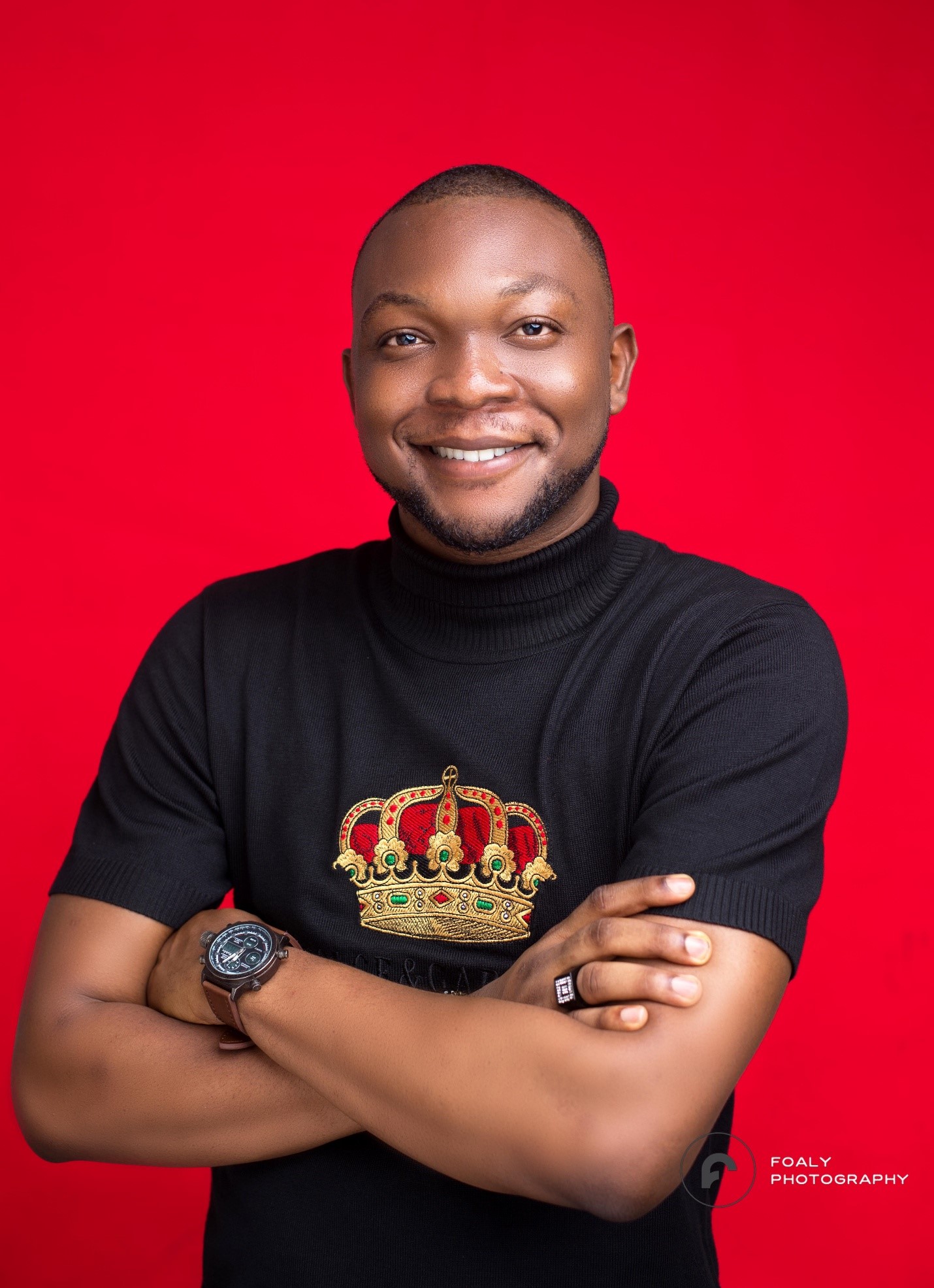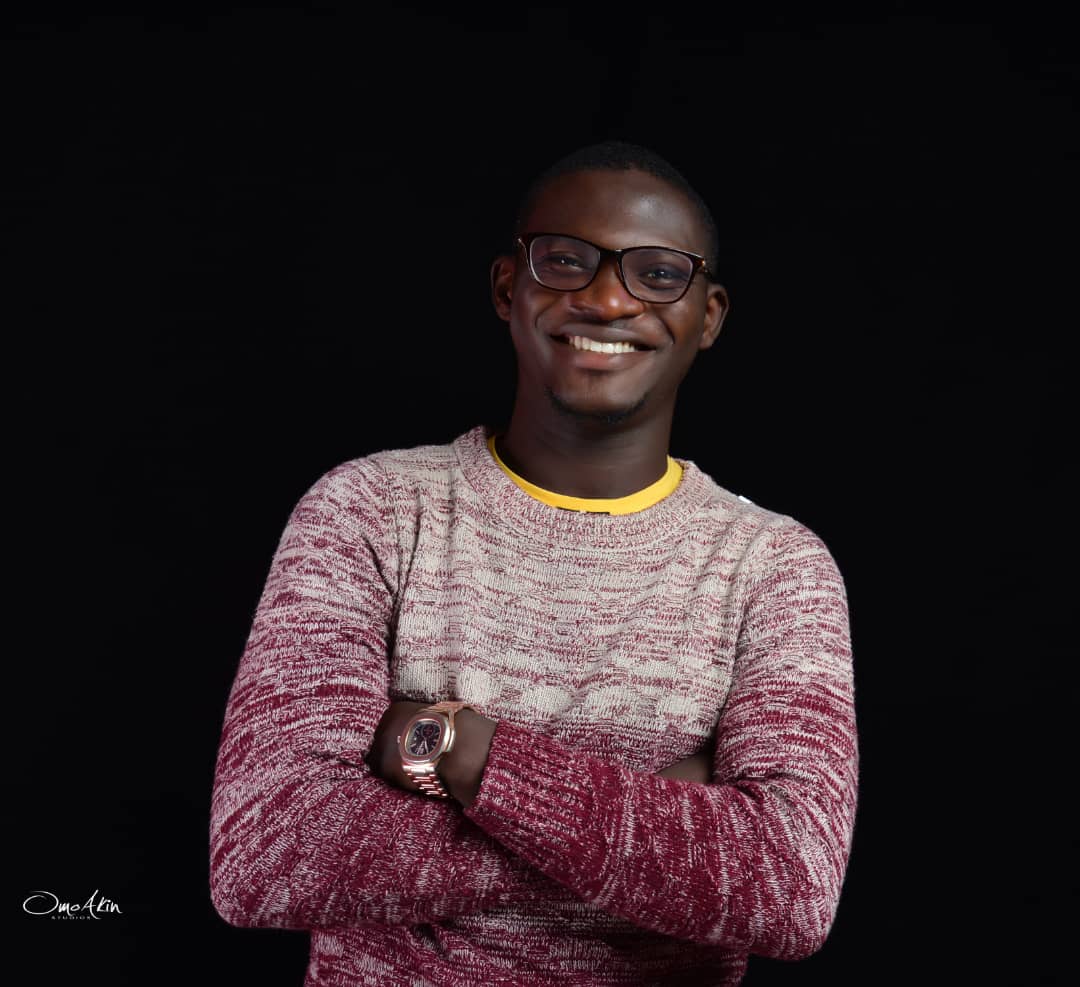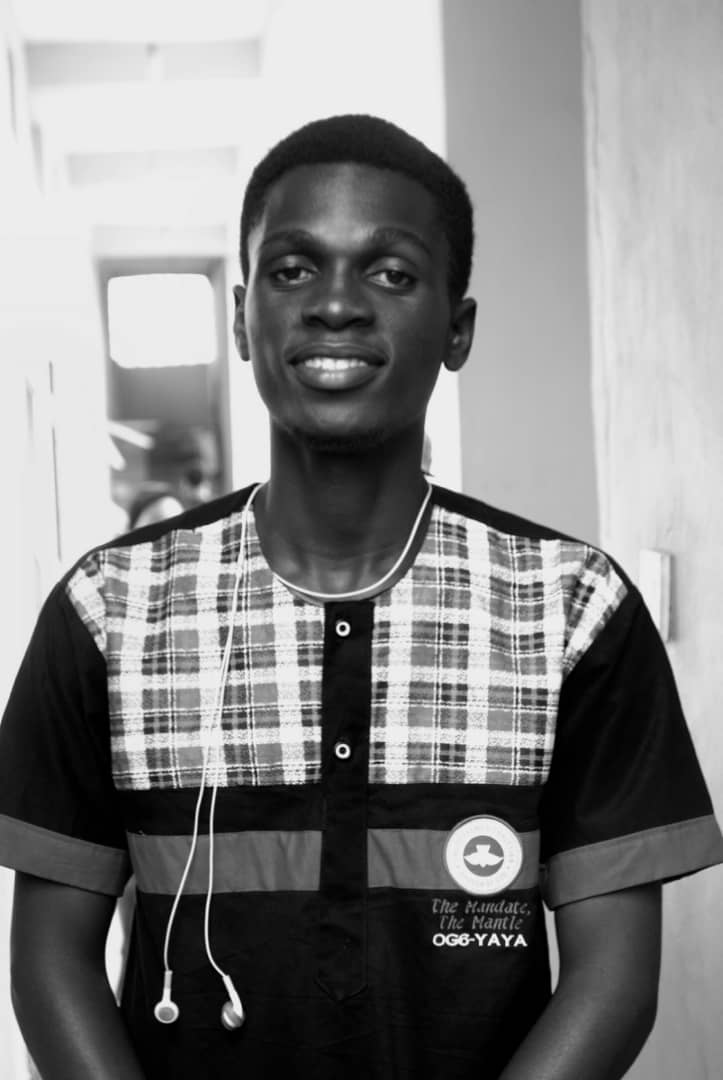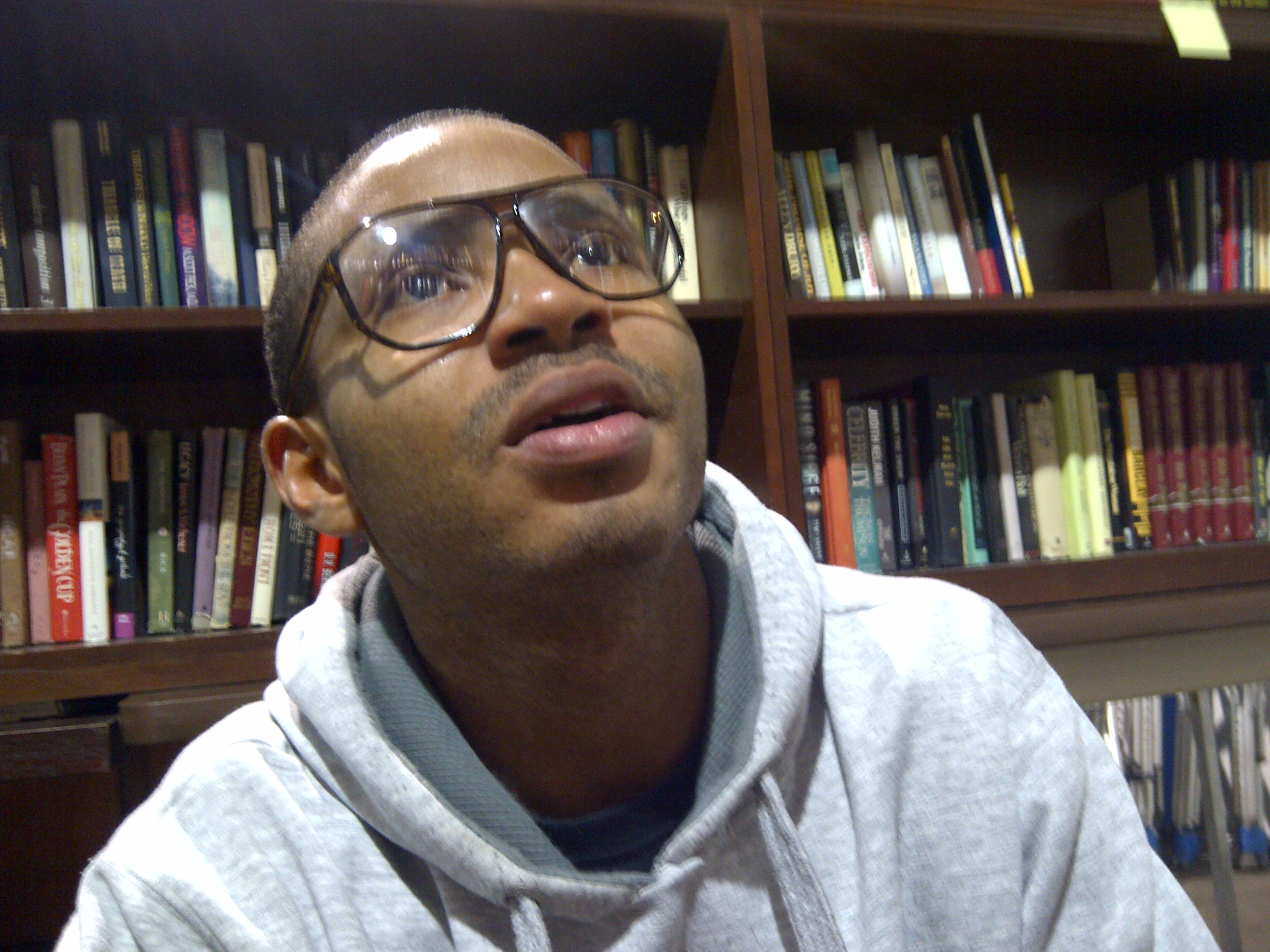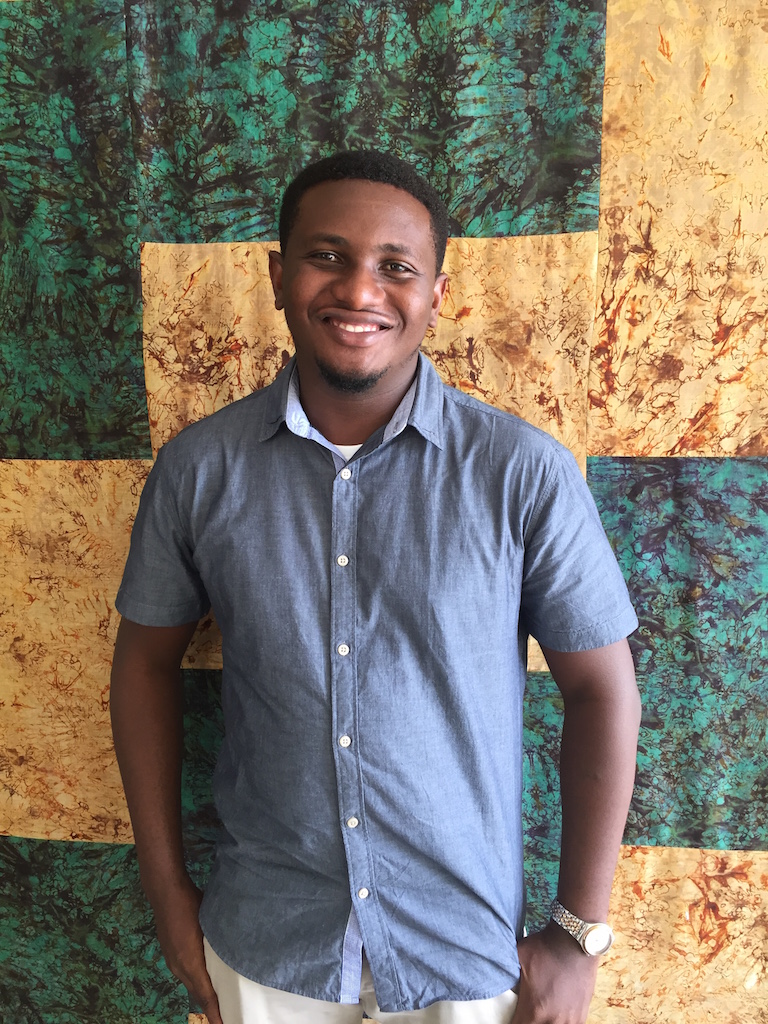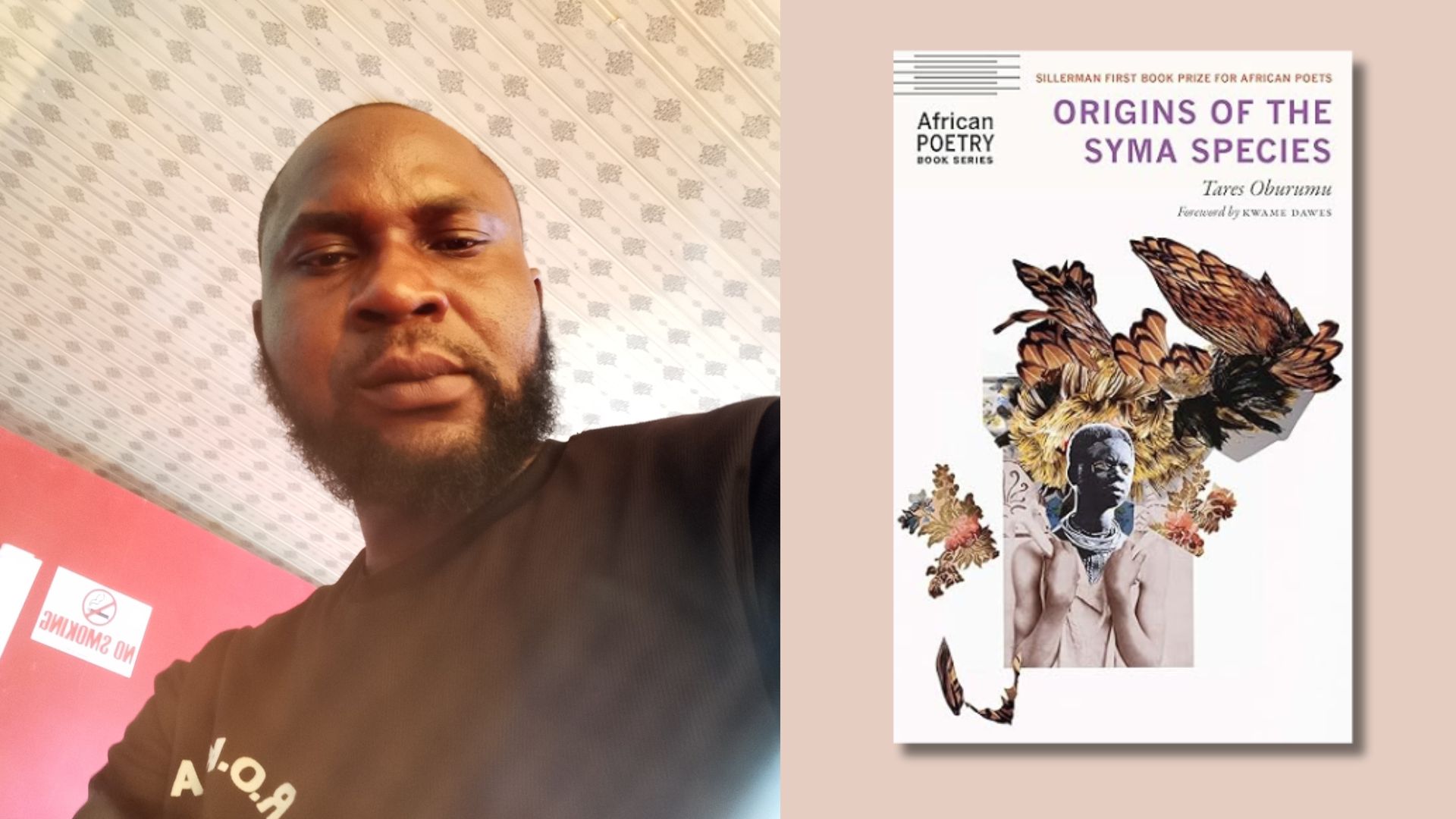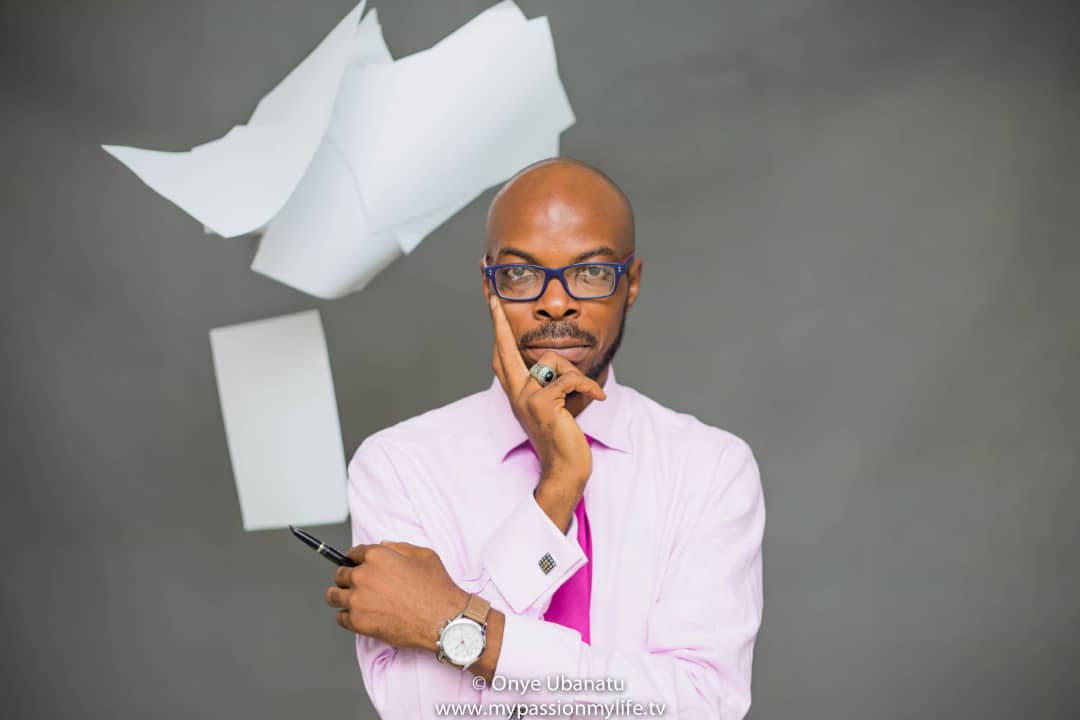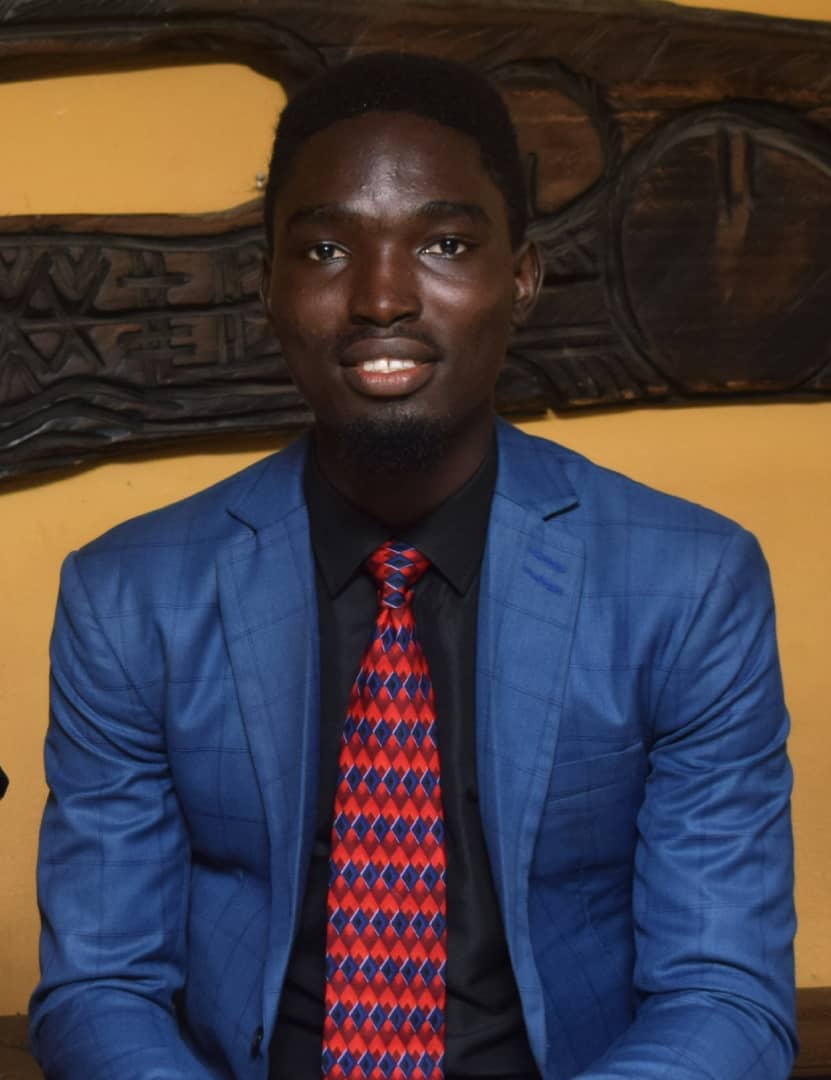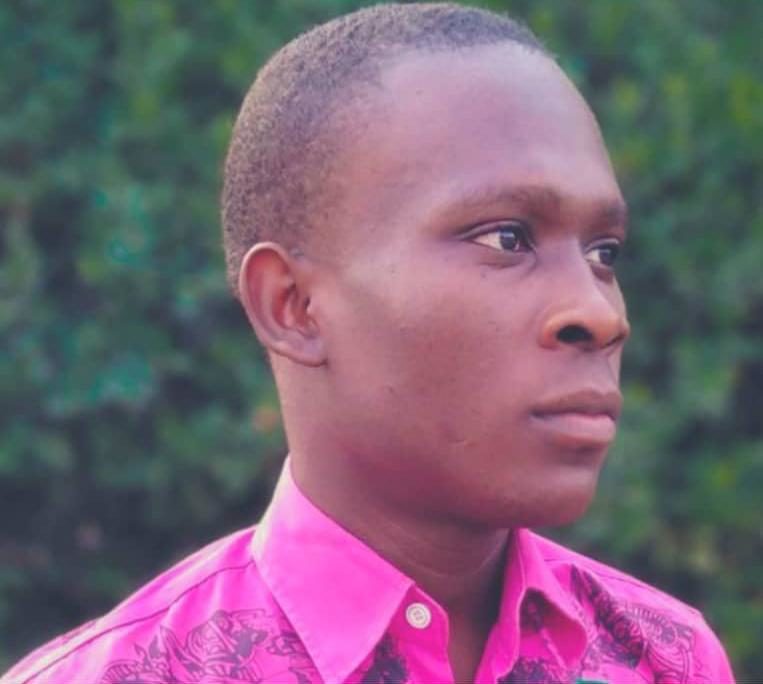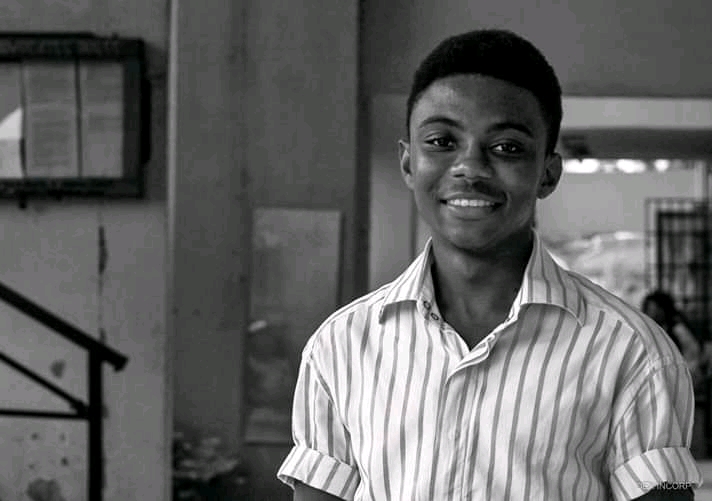|
Getting your Trinity Audio player ready...
|
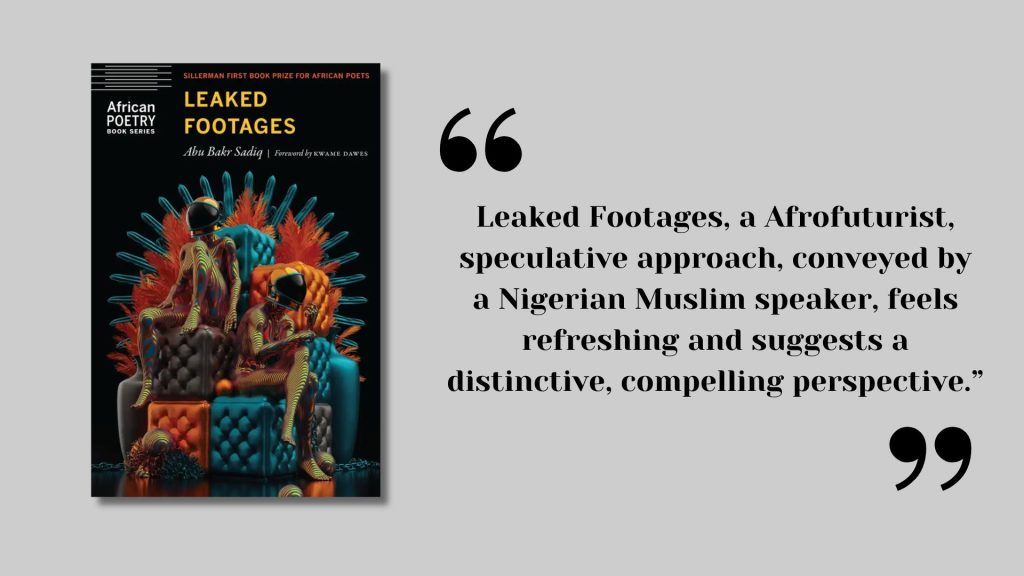
When Abu Bakr Sadiq was announced as the 2023 winner of the Sillerman Book Prize, it struck a chord. I couldn’t really place it until I checked online and saw that the preceding year, Tares Oburumu had won the prize: two Nigerian poets, back-to-back. So, it is a remarkable achievement.
Since inception in 2013, twelve poets (Sadiq, the 11th and the 12th, Michael Imossan) have won the annual prize. It has become an entrant platform to celebrate emerging new poets from the continent, and a launch pad for many.
Abu Bakr Sadiq was born in Minna, northern Nigeria. An undergraduate student of the Ahmadu Bello University, Zaria, Sadiq, has excelled in poetry, winning several awards including the 2022 IGNYTE for Best Speculative Poetry, and nominated for the 2022 SFPA Rhysling Award, Pushcart Prize as well as being a finalist for the Evaristo Prize for African Poetry, 2023. His work has been published in the Boston Review, Poetry Ireland Review, The Fiddlehead, MIZNA, FIYAH, Uncanny Magazine, Augur Magazine, Fantasy Magazine, and elsewhere.
I must admit that I hadn’t actually met nor read Abu Bakr Sadiq’s works until his name popped up during a strategic meeting for the 2023 Lagos International Poetry Festival, LIPFest. But I was ecstatic as I researched him and felt confident to say, yes, that panel can go on. And I looked forward to what this interview was going to birth. So we actually began where my last discussion about him ended, his new book.
He writes out-of-this-world! It is no wonder that John Keene, one of the judges for the 2023 Sillerman Book Prize described his winning manuscript, “Leaked Footages,” as an “Afrofuturist, speculative approach.” So, I asked him if he wrote deliberately to that genre. “Absolutely,” he said. He further said about Keene’s comment that it “was perhaps one of the most satisfying things that happened when the announcement was made.” I think it speaks to where the level of his craftmanship is at the moment, to know that he had a clear purpose; he knew what shape and form or contour, and even imprints he wants his work to carry, while acknowledging that for a certainty, he is frail too.
“Leaked Footages” is set for release in November, 2024. It is a 102-page collection of over 50 poems, where “the lyric meets the chronicle.” It is a “fusion of Afrofuturistic with experimental poetic techniques,” and the reader is led to witness “a country ravaged by terrorism and the consequences of war, as well as the effects of these on those who survive.”
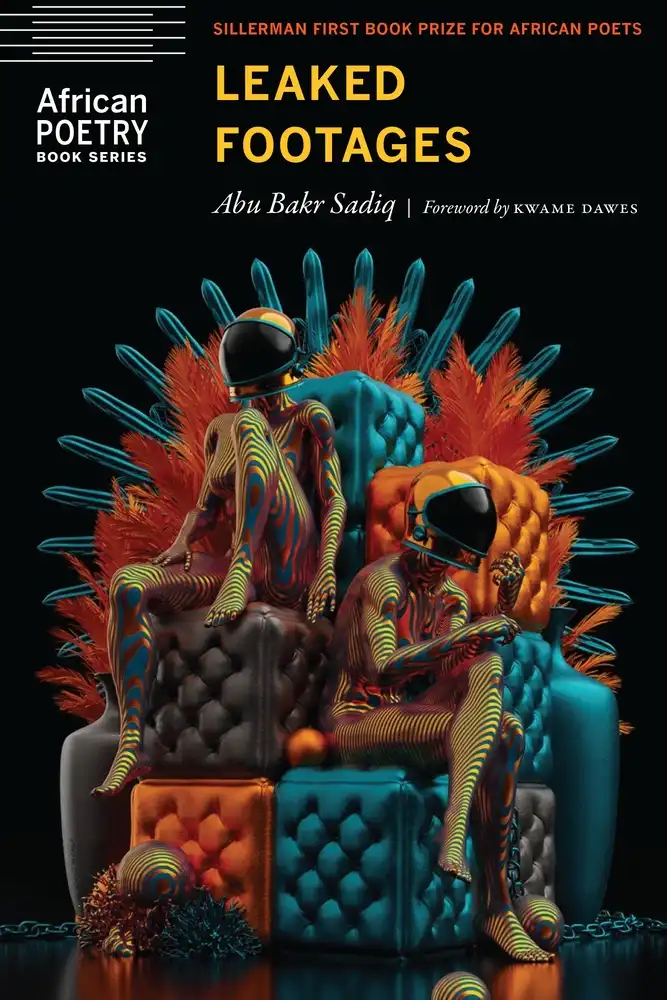
So, continuing in that line of thought, seeing the conscious, deliberate work that must have gone into producing this piece, I asked Sadiq if he had doubts he could pull it off, this fusion, that set this collection apart. He smiled and remarked that he did. “I had a lot of doubts about if I had been able to achieve what I thought the collection demanded. When I decided to homogenize otherworldly elements with the subject matters that were already present in my writing, I knew from the jump that I had to find a way of balancing what was completely imaginative and what came from the actual world in which my existence is bound to.”
We bounced off a bit to discuss an important aspect of this interview, writing to the readers of this journal. A few years ago someone highlighted that as a literary platform, Nantygreens is different. And I asked, how so? To which they said, we publish a lot of new voices, giving platform to unsung poets, for many, their first publication. So I wanted Sadiq to share with us, coming off of his thought process on his work on “Leaked Footages” what he would want the many aspiring poets whom we cater to to dispel with or add on to improve their craft and possibly win a book prize as the Sillerman First Book Prize.
His first advice was that there is no template for winning a prize. He offered one word though: “community.” That “the importance of community cannot be overemphasized.” Most of what he had and continues to learn “about the craft of writing, I owe to the brilliant folks in the literary community. I do not imagine for once that I would have been able to put my manuscript together if not for the generous resources, tutelage and guidance that I found in my peers and even in more established writers from around the world.”
You cannot be a better poet in isolation, I think he is saying. “One has to always be willing to learn in order to grow as a writer; and learning requires a great deal of patience and assiduity.” Early on he said he was privileged “to be in the company of writers who instilled in me the significance of broadening the spectrum of writers whose works I closely read and studied. By engaging with works written by writers of diverse cultural backgrounds and nationalities, I was subconsciously learning the mannerism of using language to convey and navigate the subject matters that are relevant to me. By extension, this also brought into existence what I am beginning to recognize as my voice.”
So just to simmer a bit, and allow him breathe, I went back to this one question I wanted to ask at the outset, what’s happened that’s significant since he was announced as the 2023 winner of the Sillerman First Book Prize. I’m just going to let him reel off uninterrupted.
“Quite a number of things have happened since the announcement that are of great significance to me, all of which I feel grateful for and humbled by. Unlike the days prior to the announcement, I now feel an overwhelming sense of clarity about what I can do with my work and its place in the world. It is a wonderful feeling, a conviction of some sort, one that has already shown its effect on how I’m going to approach my work in the near future. You will not be wrong to guess that the commentary from the judging panel contributed to the arrival of this clarity, and of course, the warmness of the welcoming by the literary world.
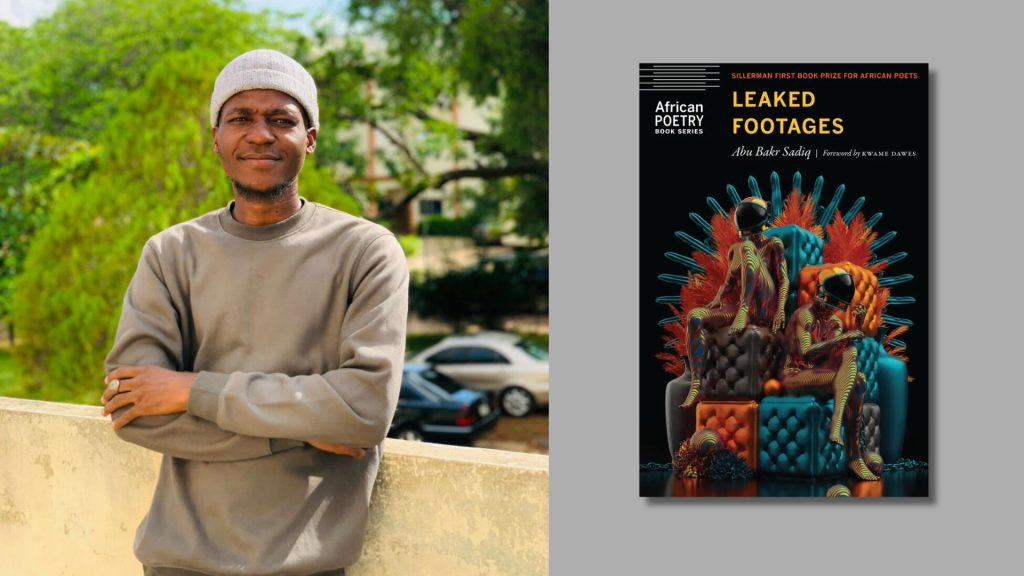
An extension of that welcoming has been the realization of my secret dream of working closely with Kwame Dawes. It has been a mind shifting experience to witness firsthand how he meticulously handles and thinks about poems, not just any poems, my poems. While going over the revision notes, the entire process which was immensely fulfilling and satisfying, I couldn’t help but think about how much better a poet I would have been with a guidance like this since starting out. The ripple effect of that thought was the coming to light of the necessity to pay it forward; to point my peers and anyone in need towards the direction he has pointed me to.”
And there you have it! Gratitude. Recognition. Paying it Forward.
There must be a titular poem in the collection one may wonder. But Sadiq relates that there is none. He at first wanted to call the collection, Uncensored Leakages though but settled for Leaked Footages, in his own words, “halfway through the first draft.”
So, what about the poems themselves, to whose experience, lives or time do they speak to? “… everything about Leaked Footages is personal because the poems are documented accounts of the lives of people I’ve encountered; people whose lives and realities are intricately woven into mine.” This can be lost in the technicalities “employed” however, he states. But his hope is that readers “wouldn’t have to struggle in discerning the intimate concerns of the poems.” What he hopes you do when you pick a copy up is to find the poems worthy of your time. How you get to that, he says, “I cannot dictate.” You can read excerpts from the book here.
Expanding on the subject of writing to a subject, I asked him to speak on vulnerability in writing, a subject many poets find too personal but resoundingly necessary in their craft.
“I think vulnerability … walks hand in hand with authenticity in the fief of semantics.” For him he says he’s come to realize that “by allowing myself to become vulnerable on the page, I discover an otherness that does not negate unity.” Beyond being vulnerable, Sadiq adds that one needs to have a niche. “Having a niche suggests offering something special and distinct.” Vulnerability he concludes “can shape the way we perceive the world and how we interact with the complex lives of the people around us.”
And then we talked about his writing process, that he puts philosophically as akin to a relationship between the “sea waves and the seashore, in the way the wave comes and goes.” With a smile he adds that “Essentially, it involves me going months marinating, battling creative resistance and trying to get in the flow. Once I am in the zone, however, I could go about a month consistently generating new works. On a basic level, the entire process could be summarized as consisting of intermittent spurts of generating new work and long periods of silence.”
Sadiq has a lot to say on this subject though: “Verbalization is an integral part of my creative process. Besides being engrossed with the visual layout of a poem on a page, I find myself to also be heavily invested in its sonic qualities. I want to hear what rhythm sounds like and how it, when it does, shifts from one line to the other. The simple act of reading the words out loud becomes an open wicket which facilitates my entrance into the poem, allowing me to feel it more deeply than I would if I read it in silence. A by-product of this exercise is a stronger intimate connection with the poem.”
As our conversation winds down, I asked the obvious, if there was a collection or something in the works, to which he says, of course but is allowing to sit duck for now while he focuses on completing his undergraduate studies and getting Leaked Footages onto shelves and the hands of readers.
My final question was what it means to be listed among a new generation of African poets. “It truly is an honor, and humbling too, to be writing at the same time as many of these poets that I have admired for a long time. To even be regarded as a contemporary African poet is a great privilege. More than ever, I now feel the stage has been set for me to execute the work that I’ve always dreamt of doing.”
I sounded off by telling him I would see him soon, at a poetry or literary festival where, copies in hand, the world can finally peer into the varied tapestry of this dynamic poet.
Leaked Footages is scheduled for release in November, 2024. Pre-order a copy here.

